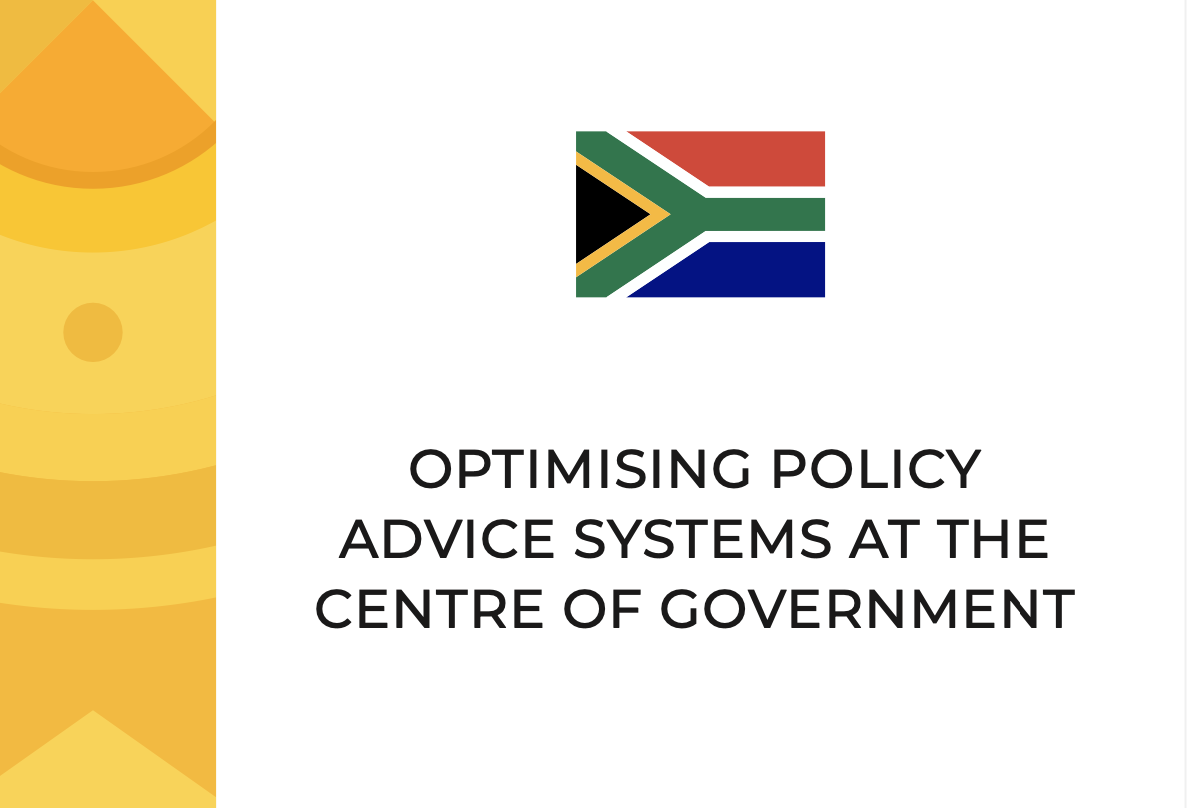The Policy Innovation Lab, in collaboration with The Presidency of South Africa, convened a second Digital Dialogue in March 2025 to examine how governments can strengthen policy advice and lead digital transformation initiatives from the centre. The resultant briefing note can be accessed here.
The dialogue brought together senior experts from the Organisation for Economic Co-operation and Development (OECD), including specialists from its Governance and Development Cooperation Directorates. Their collective insights emphasised that, in an era of complex policy issues and rapidly advancing technology, governments need clear strategies to improve evidence-based decision-making and harness digital solutions responsibly.
“Centres of government are being asked to do more, faster, in response to more complex issues,” observed Sara Fyson, Senior Analyst at the OECD’s Centre of Government team. Her remark reflected the broader sentiment that the centre must evolve from a process manager to a strategic driver of innovation across departments. This shift requires robust institutional frameworks, with well-defined roles and mandates to ensure that all ministries, agencies and stakeholders work in tandem towards national priorities.
OECD’s most recent survey of centres of government revealed that 42% find it most difficult to operationalise long-term policy development. This calls for embedding evidence-informed frameworks, including better project management, improved data literacy and stronger monitoring and evaluation capacities. Participants cited New Zealand’s Policy Project—which views policy advice as the “foundation of effective government” and mandates common standards across departments—as a useful illustration of how centralised guidance can reinforce consistency and accountability. Fostering stakeholder engagement early in the process, building political legitimacy for policy recommendations and ensuring that both technical and political considerations inform solutions are key recommendations. By refining these organisational practices, governments can improve resilience and credibility, enhancing public trust in how decisions are made.
The discussion on digital transformation emphasised that centres of government require clear coordination, robust data management practices and a principled approach to AI. Without well-defined structures—such as a central agency overseeing standards and interoperability—departments risk working in silos. Speakers also underscored the importance of bridging the public sector’s digital skills gap and creating partnerships with universities and industry for training and innovation. Ultimately, digital strategies must align with broader social and economic goals, ensuring technology supports fairness, transparency and accountability across government.
Access the briefing note here.
